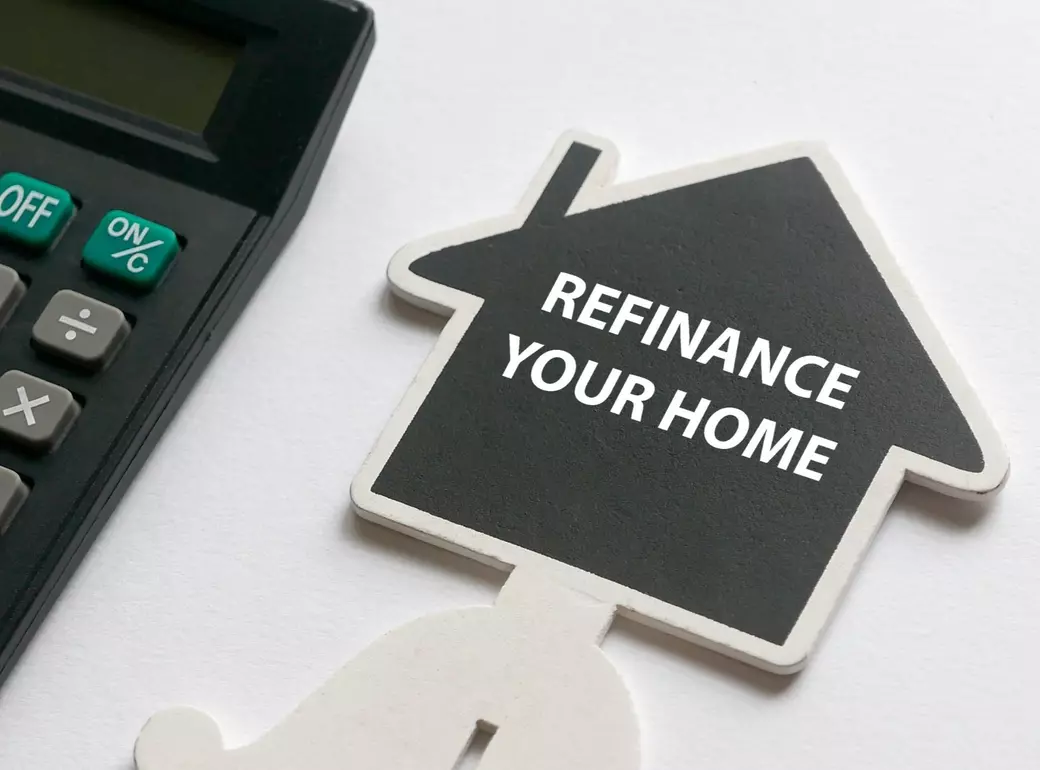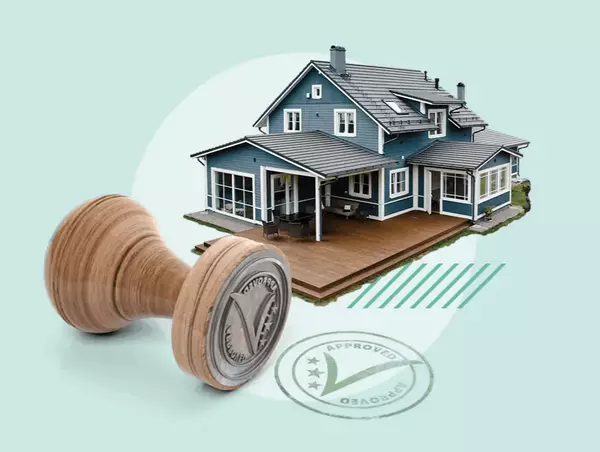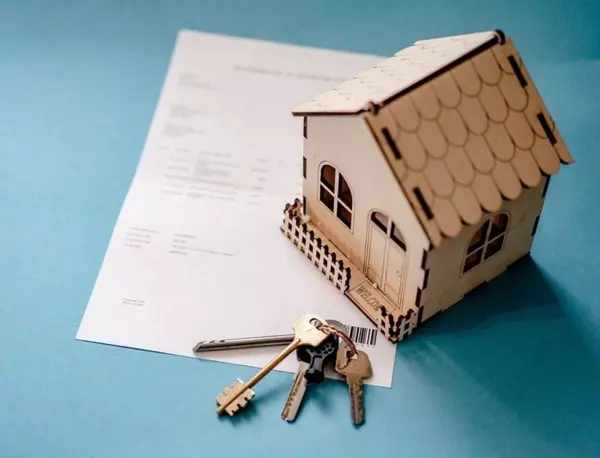Is Refinancing Right for You? Key Considerations for Homeowners

Refinancing your mortgage can be a powerful tool for managing your finances, lowering monthly payments, or accessing home equity. However, it’s not a decision to take lightly. Understanding the process, benefits, and potential drawbacks is essential to determining if refinancing is the right move for you. Let’s break down the key factors every homeowner should consider.
What Does Refinancing Involve?
Refinancing replaces your existing mortgage with a new one, often with different terms. Homeowners typically refinance to:
- Lower their interest rate.
- Reduce monthly payments.
- Shorten or extend the loan term.
- Switch from an adjustable-rate mortgage (ARM) to a fixed-rate mortgage (FRM) or vice versa.
- Access home equity through cash-out refinancing.
The refinancing process involves applying for a new mortgage, much like you did when you first purchased your home. Lenders will evaluate your credit score, income, and home equity to determine your eligibility and offer terms.
Benefits of Refinancing
Refinancing can provide several financial and lifestyle benefits. Here are some of the most common reasons homeowners choose to refinance:
Lower Interest Rates
If interest rates have dropped since you first took out your mortgage, refinancing could help you secure a lower rate, reducing your monthly payments and the total amount of interest paid over the loan term.
Shorter Loan Term
Refinancing to a shorter term, such as moving from a 30-year to a 15-year mortgage, can help you pay off your home faster and save significantly on interest.
Switching Loan Types
If you currently have an adjustable-rate mortgage (ARM) and want more payment stability, switching to a fixed-rate mortgage can provide peace of mind. Conversely, switching from a fixed-rate mortgage to an ARM may lower your interest rate temporarily.
Accessing Home Equity
With a cash-out refinance, you can tap into your home equity for large expenses like renovations, medical bills, or debt consolidation.
Costs to Consider
While refinancing offers numerous benefits, it’s important to be aware of the costs involved. These may include:
- Closing Costs: Typically 2-5% of the loan amount, including lender fees, appraisal costs, and title insurance.
- Resetting the Loan Term: Refinancing to a new 30-year mortgage resets your repayment clock, which could result in paying more interest over time.
- Prepayment Penalties: Some mortgages have penalties for paying off the loan early, so check your current loan terms.
Pro Tip: Calculate the break-even point—the time it takes for your refinancing savings to cover the upfront costs. If you plan to stay in your home longer than the break-even point, refinancing could be a smart financial move.
Is Your Credit Score Refinance-Ready?
Your credit score plays a major role in refinancing, as it affects the interest rate and terms you’ll qualify for. A higher credit score can secure better rates, while lower scores may limit your options.
Steps to Improve Your Credit Before Refinancing:
- Pay down credit card balances to reduce your credit utilization.
- Ensure all bills are paid on time.
- Check your credit report for errors and dispute inaccuracies.
Are Current Market Conditions Favorable?
Interest rates are one of the biggest factors in deciding whether to refinance. If rates are significantly lower than when you secured your current mortgage, it might be an excellent time to refinance.
Current Trends to Watch:
- Economic shifts often affect interest rates. Monitor trends in the housing market and general economy for potential rate drops.
- Speak with a mortgage professional to understand how local market conditions could impact your refinancing decision.
Does Refinancing Align with Your Long-Term Goals?
Refinancing should align with your financial and lifestyle objectives. Ask yourself these questions before moving forward:
- How long do you plan to stay in your home? If you’re planning to sell in a few years, refinancing may not be cost-effective.
- Do you need immediate cash flow? Lowering your monthly payment can free up funds for other expenses or investments.
- Are you looking to pay off your home sooner? A shorter loan term can help you build equity faster and reduce total interest costs.
Alternative Options to Consider
If refinancing isn’t the right fit, there are other options to explore:
- Loan Modification: If you’re struggling with your current mortgage, some lenders offer modifications to adjust the terms.
- HELOC (Home Equity Line of Credit): For accessing home equity without refinancing, a HELOC allows you to borrow as needed.
- Rate Renegotiation: Some lenders offer rate renegotiation for a fee, which could lower your interest rate without refinancing.
Looking for Expert Advice?
Refinancing can be a complex decision, but it doesn’t have to be overwhelming. At Sphere Global, our mortgage experts can help you evaluate your options, calculate potential savings, and guide you through every step of the process.
Refinancing your home can provide financial flexibility, lower monthly payments, or help you achieve your long-term goals. By carefully evaluating your financial situation, market conditions, and the associated costs, you can determine if refinancing is the right move for you.
Ready to explore refinancing options? Contact Sphere Global today to connect with a mortgage specialist who can guide you through the process and help you make the best decision for your future.
Categories
Recent Posts











"My job is to find and attract mastery-based agents to the office, protect the culture, and make sure everyone is happy! "
14201 n Hayden rd, Ste c4, Scottsdale, Az, 85260, United States

